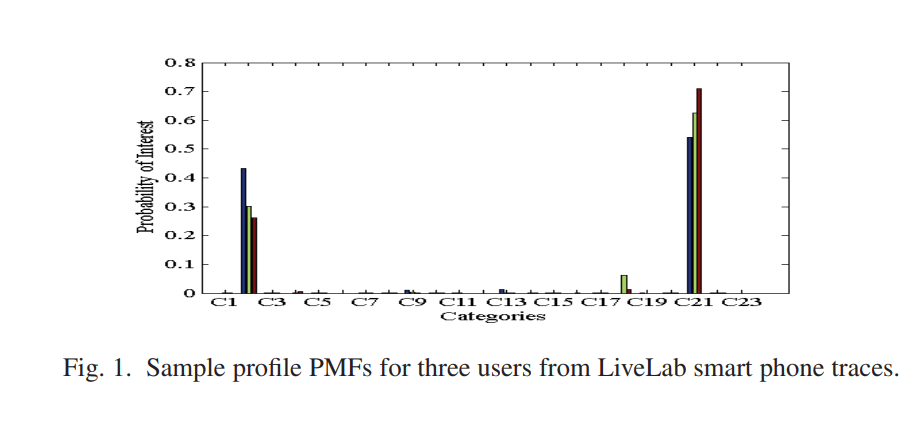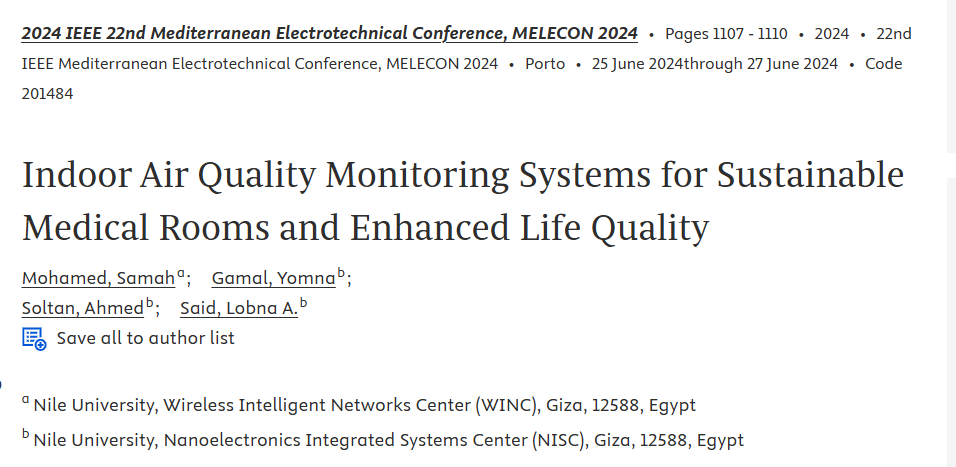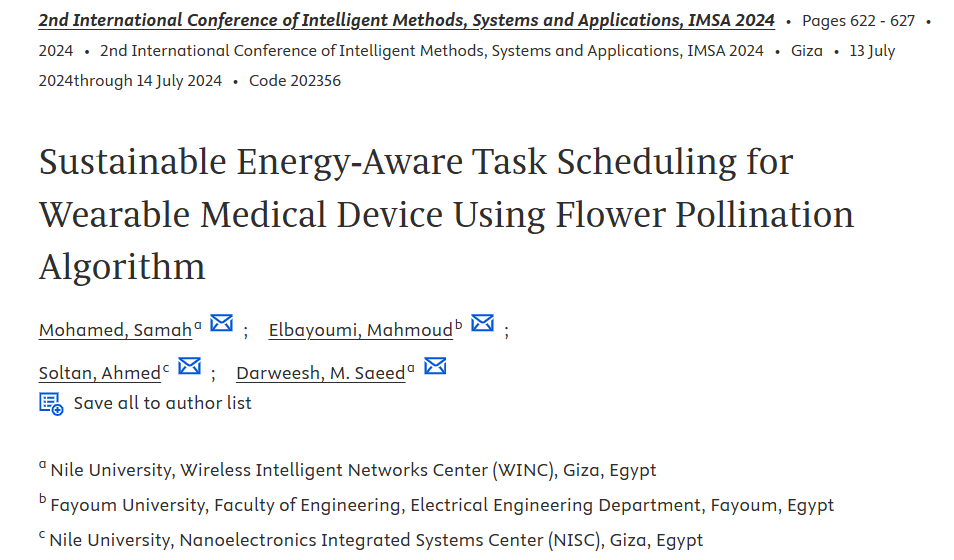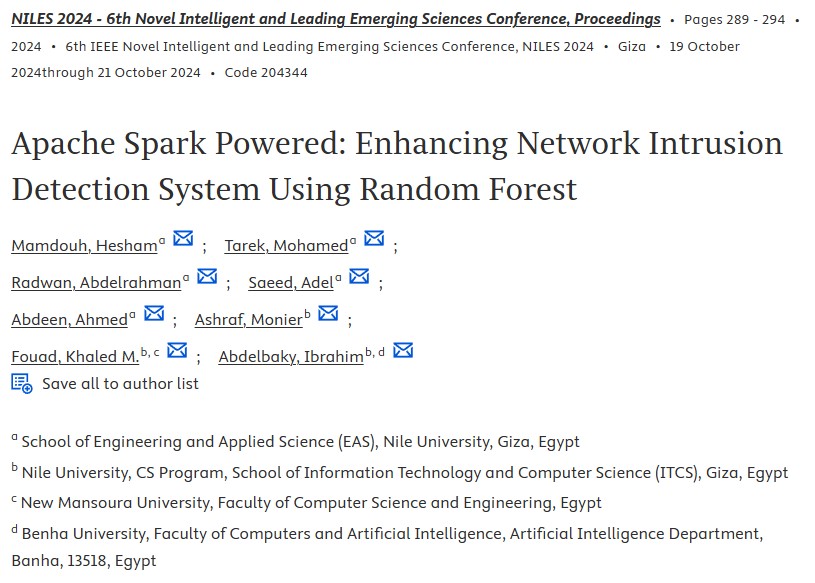
The quest for user similarity in mobile societies
In this paper we explore the notion of mobile users' similarity as a key enabler of innovative applications hinging on opportunistic mobile encounters. In particular, we analyze the performance of known similarity metrics, applicable to our problem domain, as well as propose a novel temporal-based metric, in an attempt to quantify the inherently qualitative notion of similarity. Towards this objective, we first introduce generalized profile structures, beyond mere location, that aim to capture users interests and prior experiences, in the form of a probability distribution. Afterwards, we analyze known and proposed similarity metrics for the proposed profile structures using publicly available data. Apart from the classic Cosine similarity, we identify a distance metric from probability theory, namely Hellinger distance, as a strong candidate for quantifying similarity due to the probability distribution structure of the proposed profiles. In addition, we introduce a novel temporal similarity metric, based on matrix vectorization, to capitalize on the richness in the temporal dimension and maintain low complexity. Finally, the numerical results unveil a number of key insights. First, the temporal metrics yield, on the average, lower similarity indices, compared to the non-temporal ones, due to incorporating the dynamics in the temporal dimension. Second, the Hellinger distance holds great promise for quantifying similarity between probability distribution profiles. Third, vectorized metrics constitute a low-complexity approach towards temporal similarity on resource-limited mobile devices. © 2014 IEEE.




